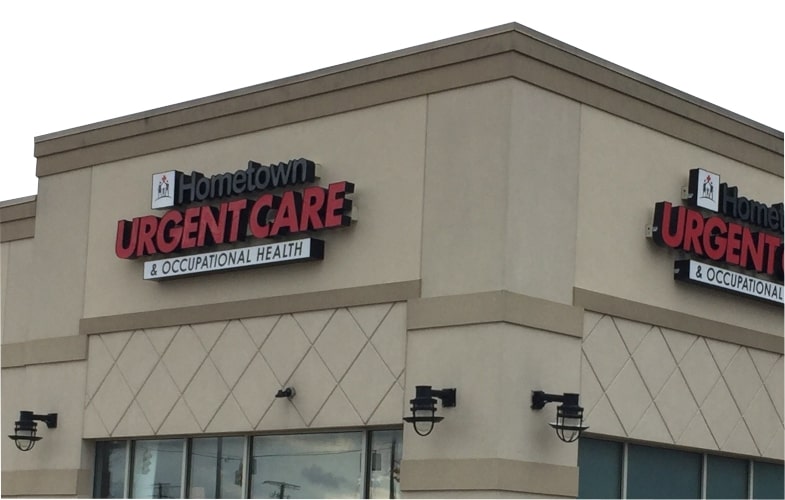April 6, 2022 – Healthcare has become more local as medical retailers strive to offer convenient alternatives to hospitals or geographically distant office spaces. Medical providers across the country are seeking sites in retail locations such as storefronts, malls, and shopping centers to repurpose as both urgent and primary care facilities. In 2020, nearly seven in 10 adults in the United States were visiting a health care provider in a shopping center or enclosed mall or strip mall, following a survey done by ICSC. This trend of healthcare retail has only escalated since the pandemic.
According to The New York Times, medical providers are taking advantage of depressed rents to open facilities within malls and shopping centers located in suburban and rural areas, even entering big-box spaces vacated by department stores. Following a pandemic that forced many retail stores to close, Landlords are also seeing the benefits of working with medical tenants who typically sign long-term leases and are financially reliable (Advisory Board).
WellNow Urgent Care, recently purchased by Aspen Dental, is a company that has followed suit by opening urgent cares in retail locations throughout New York, Ohio, Michigan, Illinois, and Indiana. In Rochester, New York, a former Sears department store will soon be the home of a 350,000 square foot orthopedic healthcare campus, offering surgical services amidst several fashion, sports, and entertainment retailers at the Marketplace Mall (The Wallstreet Journal). Concierge medicine has also been on the rise, providing a popular option for patients looking for accessible healthcare, personalized services, direct access, and shorter wait times. Concierge doctors are more affordable than ever, and they do not require traditional medical real estate spaces. From minute clinics to surgery centers, medical retail has turned into a new commercial real estate norm.

